News

Jun 04, 2020
Research from Dr. Casey Romanoski's Laboratory - led by Genetics PhD student Lindsey Stolze - linked polymorphisms in people's DNA sequence with molecular characteristics of how cells convert genetic code into the building blocks for proteins.
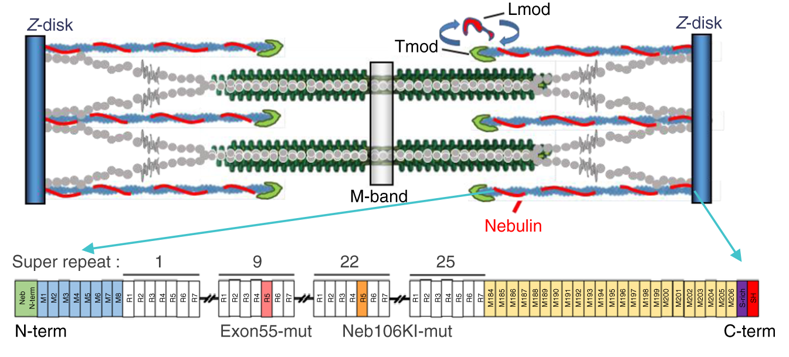
Jun 03, 2020
Johan Lindqvist, PhD and the laboratory of Henk Granzier, PhD recently published a paper in Nature Communications describing a novel mouse model of nemaline myopathy, a heterogenous disease with unclear pathological mechanisms.
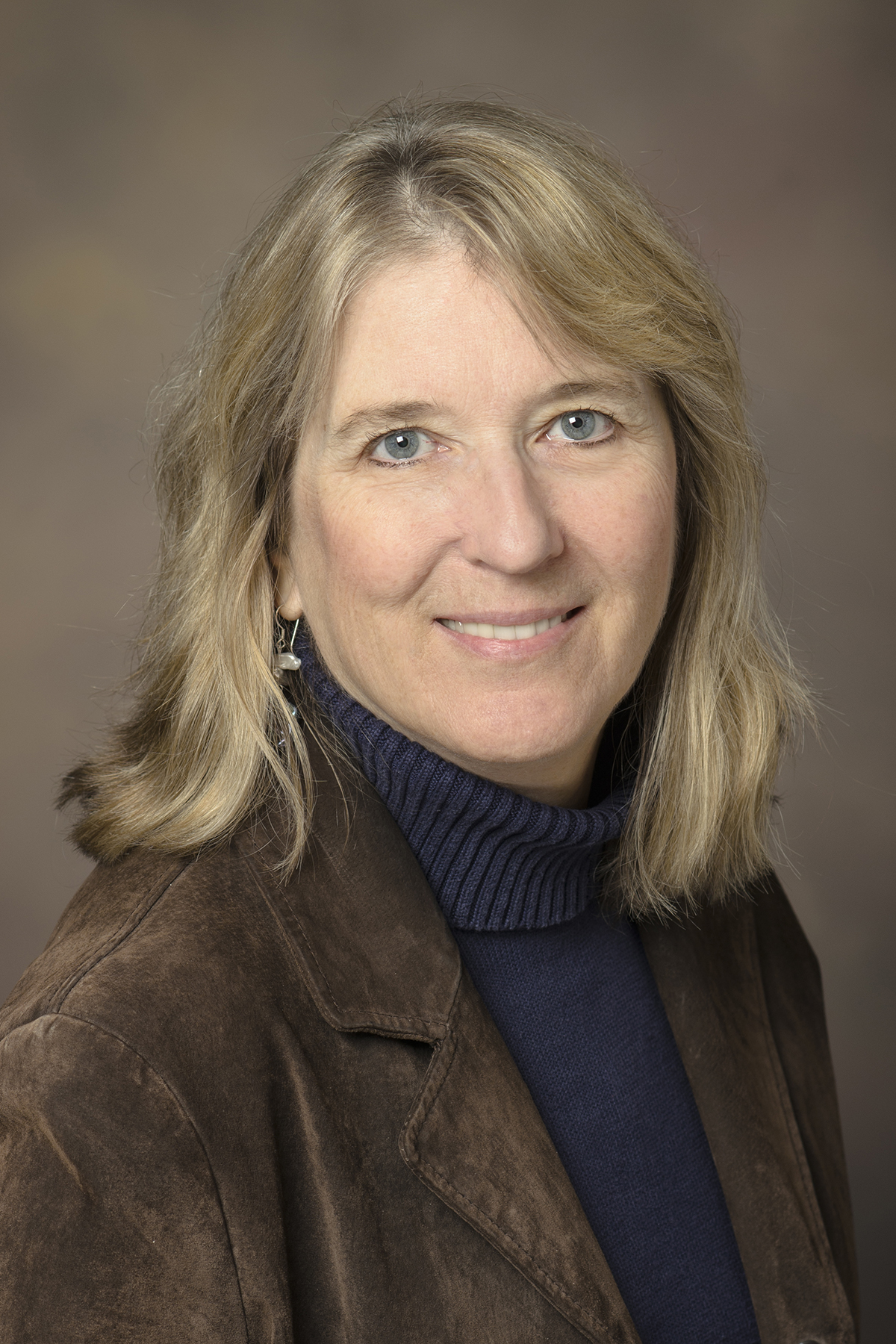
May 21, 2020
Helen Amerongen, PhD was recently awarded a 2020 College of Medicine Mentoring Award
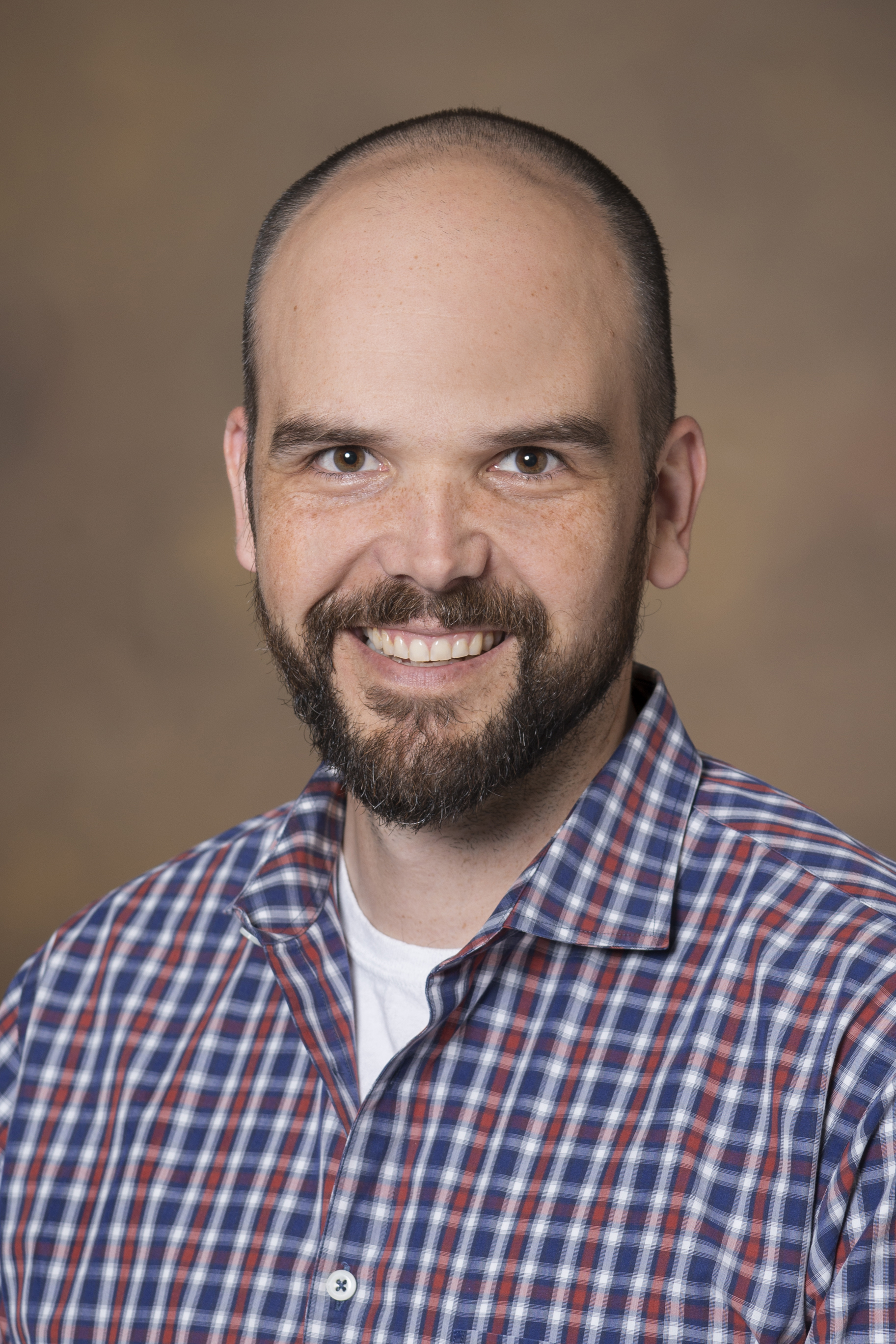
Apr 30, 2020
The University of Arizona Health Sciences Career Development Awards (CDA) program recently selected research assistant professor Darren Cusanovich, PhD as one of four recipients in its latest round of awards

Apr 29, 2020
Associate Professor Gregory Rogers, PhD, recently received an R35 MIRA grant, a 5-year award for established investigators from the NIGMS.
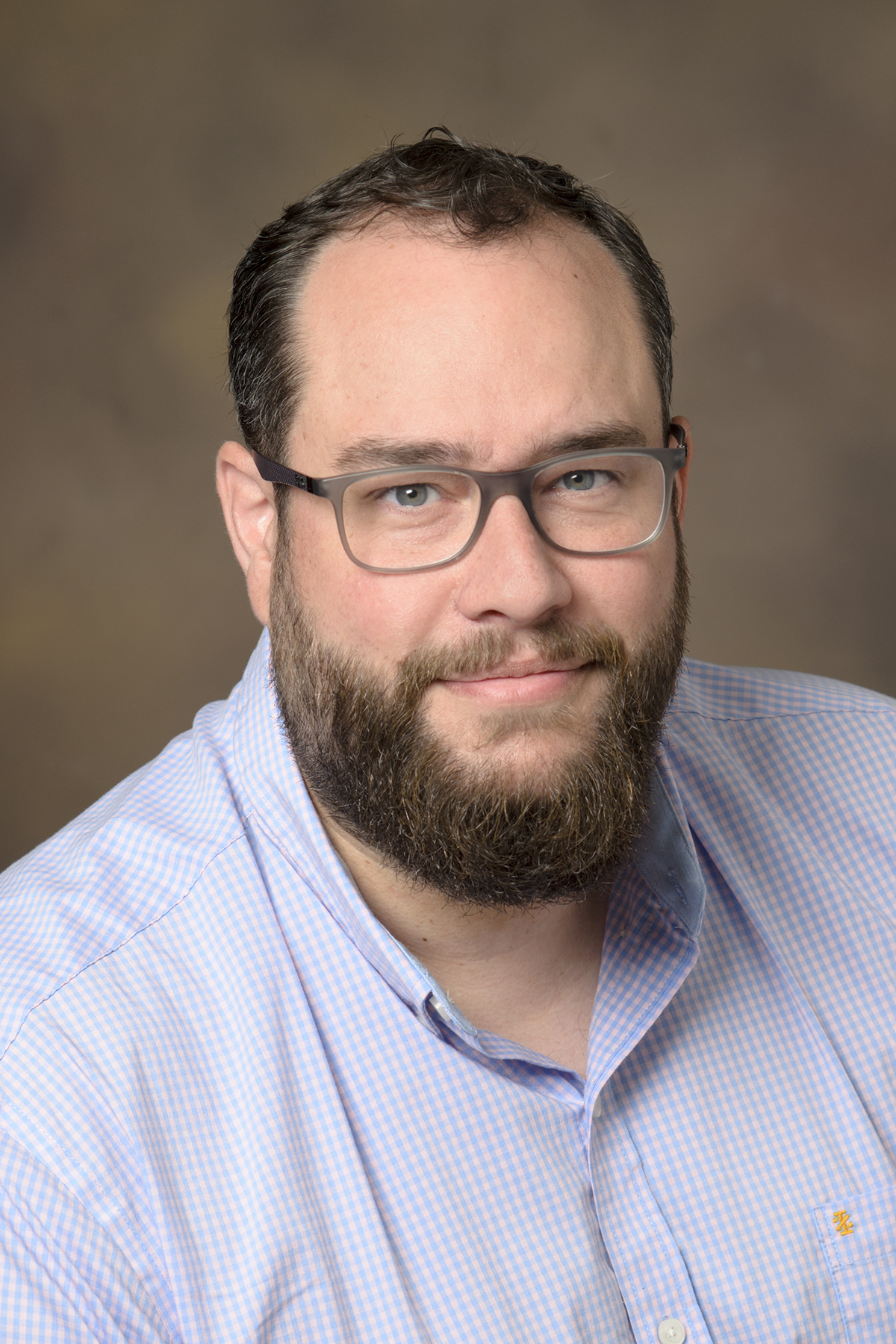
Apr 16, 2020
Assistant Professor Curtis Thorne, PhD in collaboration with Dr. Koenraad Van Doorslaer were awarded a Technology and Research Initiative Fund (TRIF) grant from the BIO5 Institute.
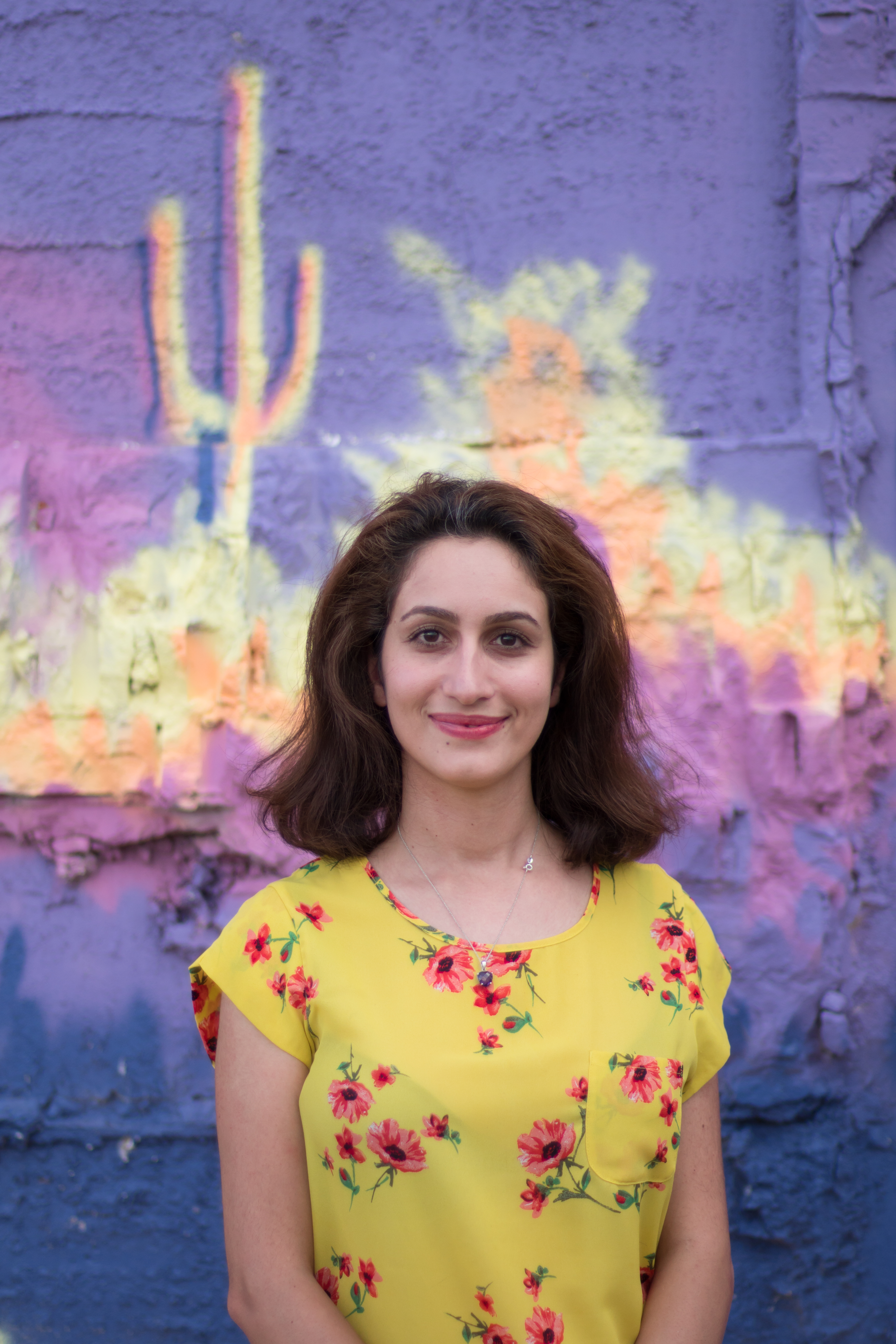
Apr 01, 2020
Elaheh Alizadeh, PhD - a postdoctoral researcher in the lab of Curtis Thorne, PhD - is the 2020 recipient of the Sidney Hopkins, Mayola B. Vail, and Patricia Ann Hanson Postdoctoral Fellowship from Community Foundation for Southern Arizona.

Apr 01, 2020
The Department of Cellular and Molecular Medicine is delighted to welcome the following new Molecular Medicine PhD students to our department: Hao Zhang (Cusanovich Lab) and Yaeren Hernandez (Granzier Lab). We also extend a friendly welcome to the following PhD students who will be working in labs with CMM faculty: Selina Kindelay (Genetics GIDP - Maggert Lab) and Reeba Varghese (Cancer Bio GIDP - Thorne Lab).
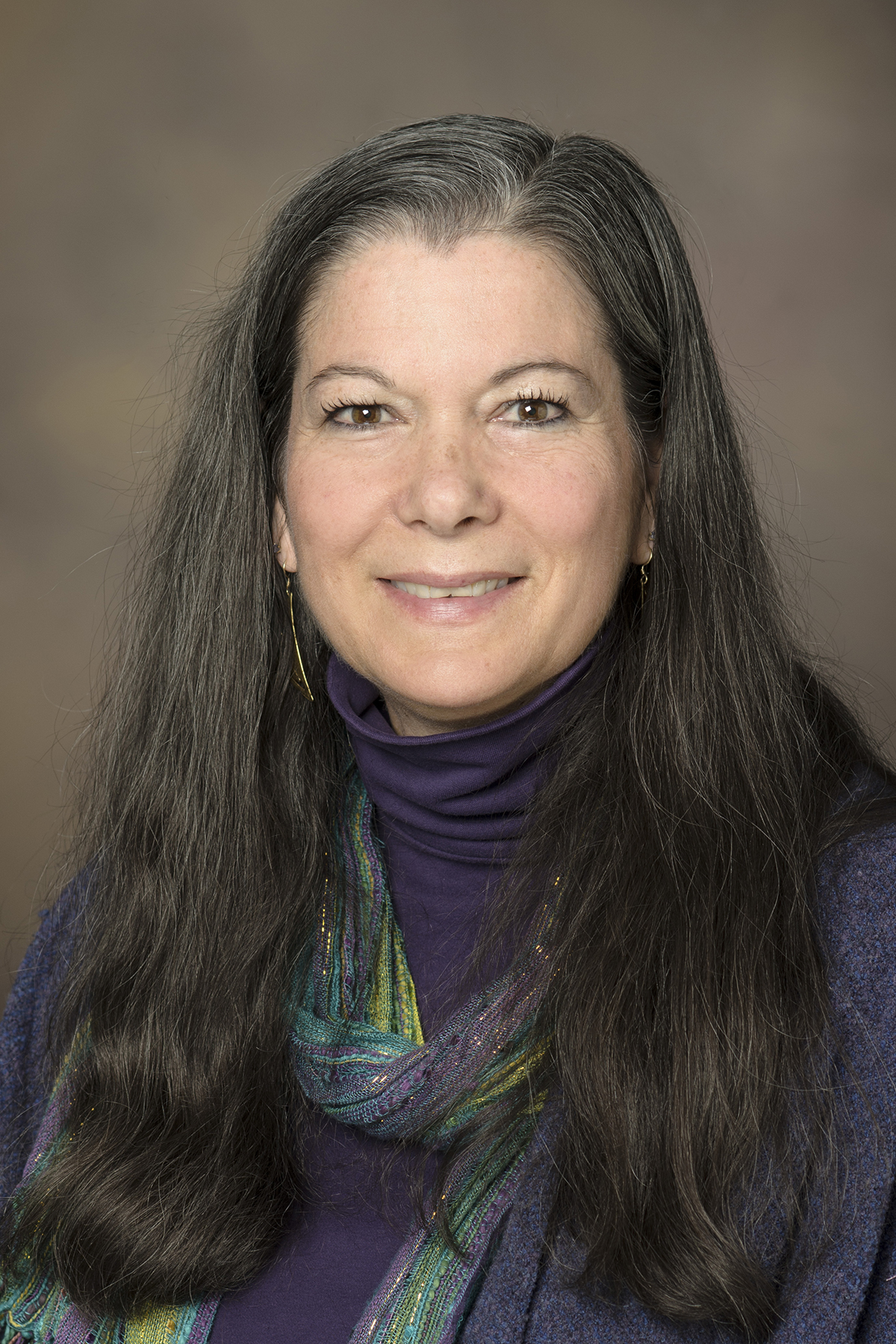
Feb 05, 2020
Professor Diana Darnell, PhD has received the 2020 College of Medicine Faculty Teaching Award.
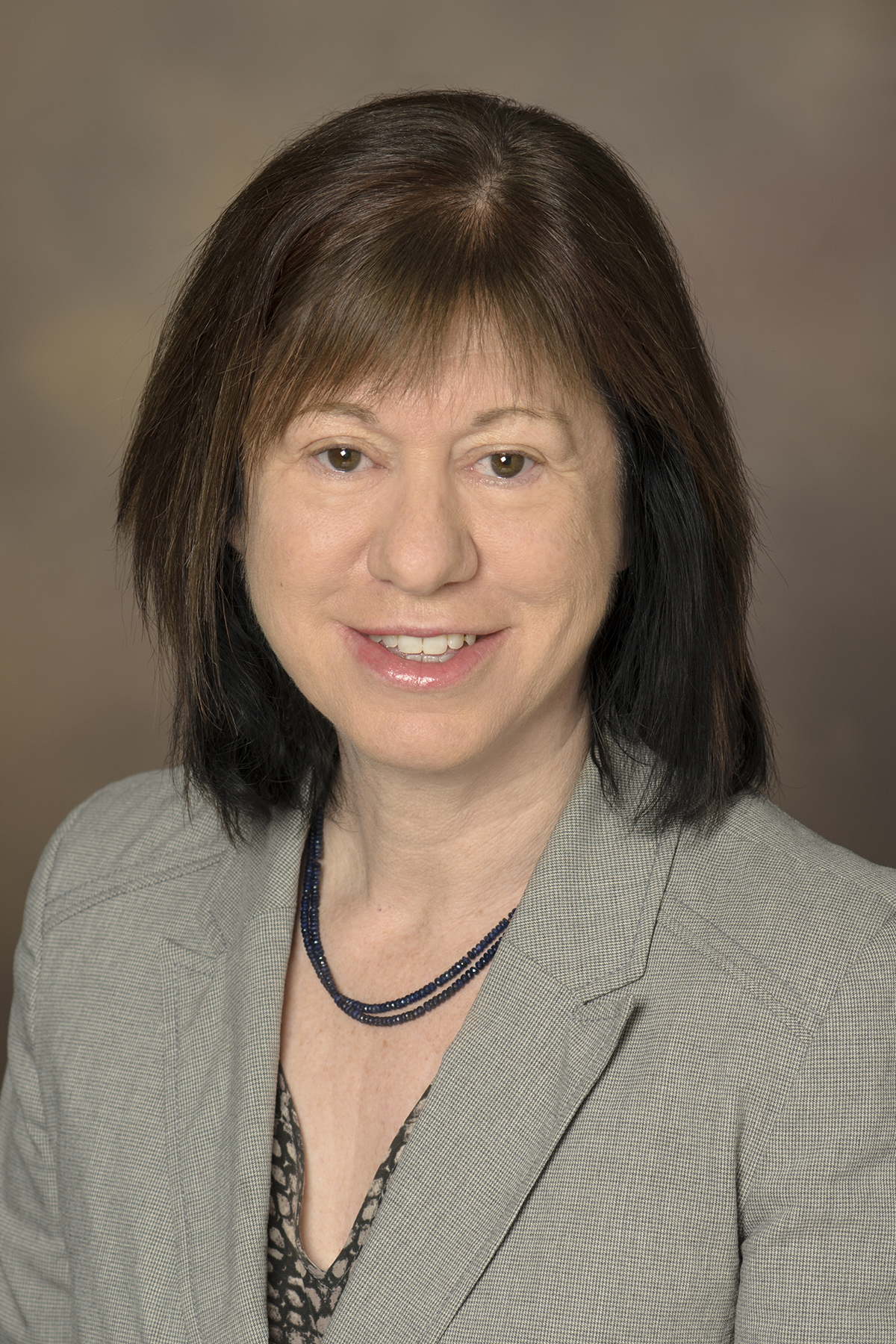
Jan 29, 2020
Professor and Department Head Dr. Carol Gregorio was recently elected to the position of Councilor for the Association of Anatomy, Cell Biology, and Neurobiology Chairpersons.

Dec 17, 2019
In a new study of organelle biogenesis from the laboratory of Gregory Rogers, PhD, former CMM student and postdoc Tiffany McLamarrah and colleagues characterize an early step in centriole duplication.
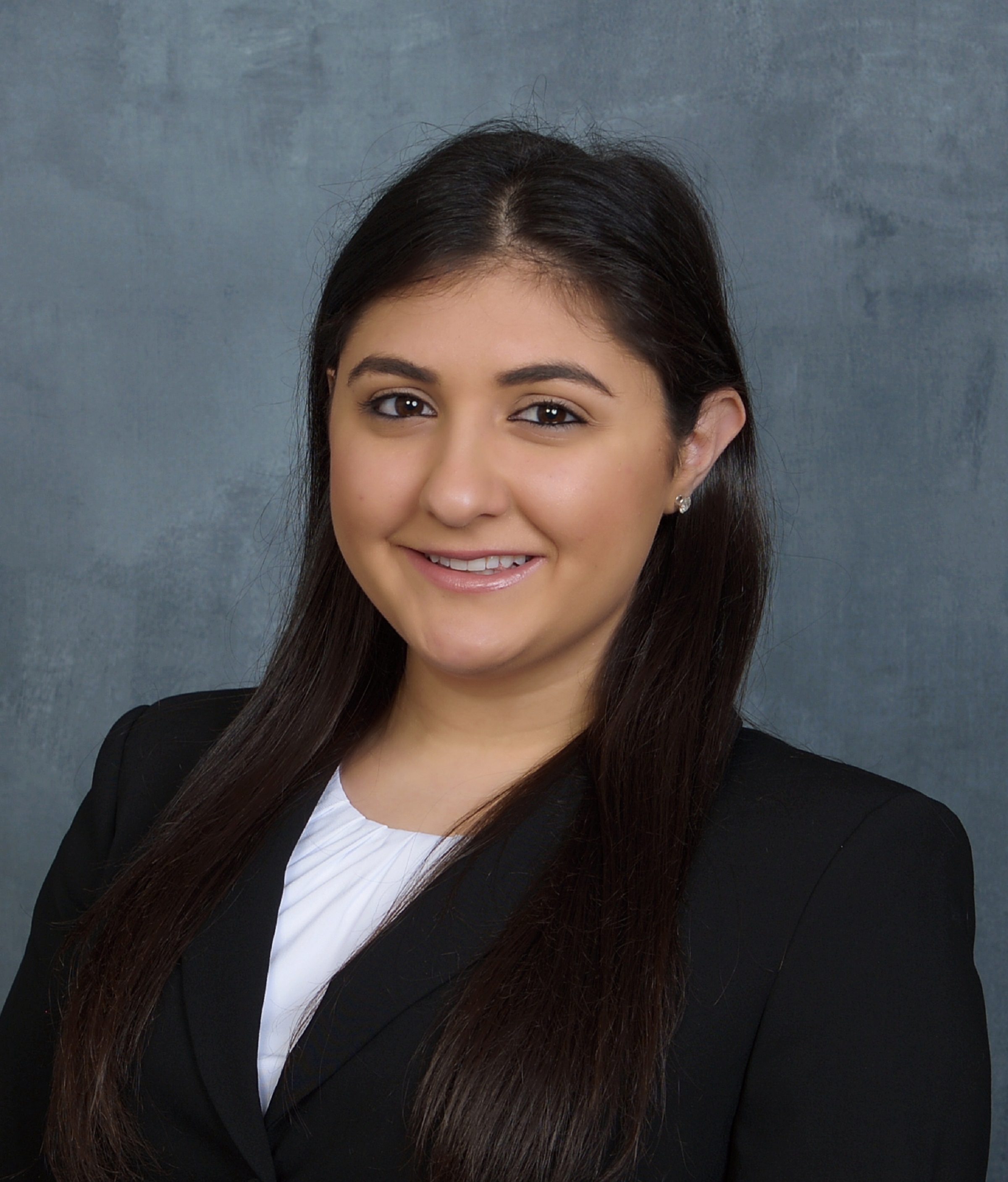
Dec 03, 2019
Michelle Ennabe, CMM Master's Student, is one of three Masters Awardees of this year's prestigious Centennial Achievement Award.
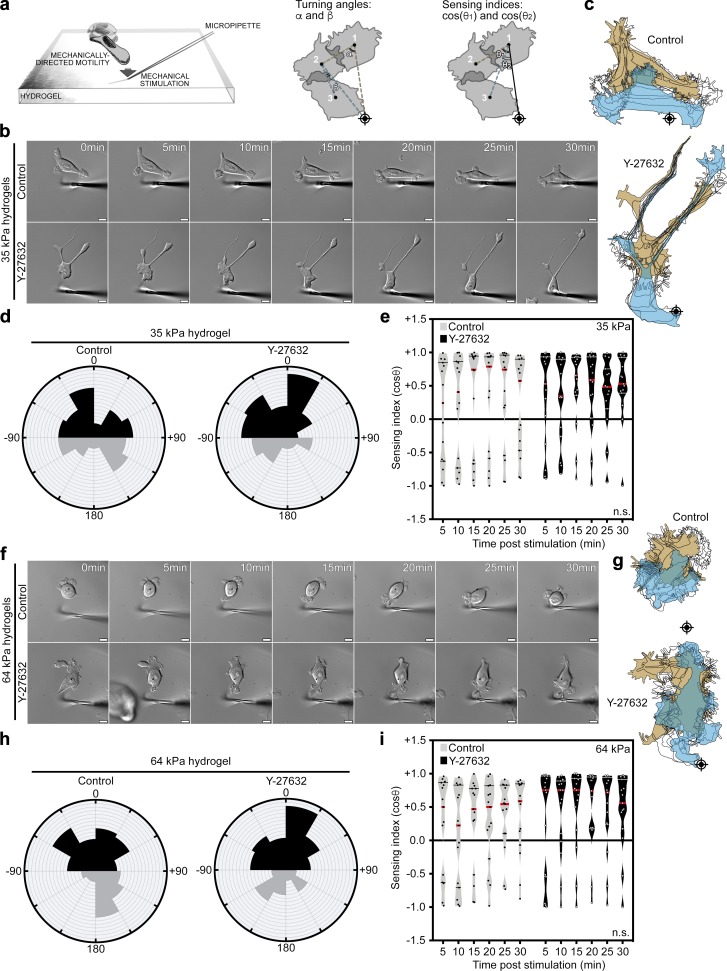
Oct 14, 2019
In this newest study from the laboratory of Gus Mouneimne, PhD, Julieann Puleo and colleagues discovered that EVL, the Ena/VASP protein, is crucial for actin polymerization at focal adhesions (FAs). Importantly, they determined that EVL-mediated FA actin polymerization regulates FA maturation and mechanosensing, which are significant steps in mechanically-directed motility and durotactic invasion. This work is a significant contribution to our understanding of how cells interact with their microenvironment in normal and pathological contexts. PMID:31594807
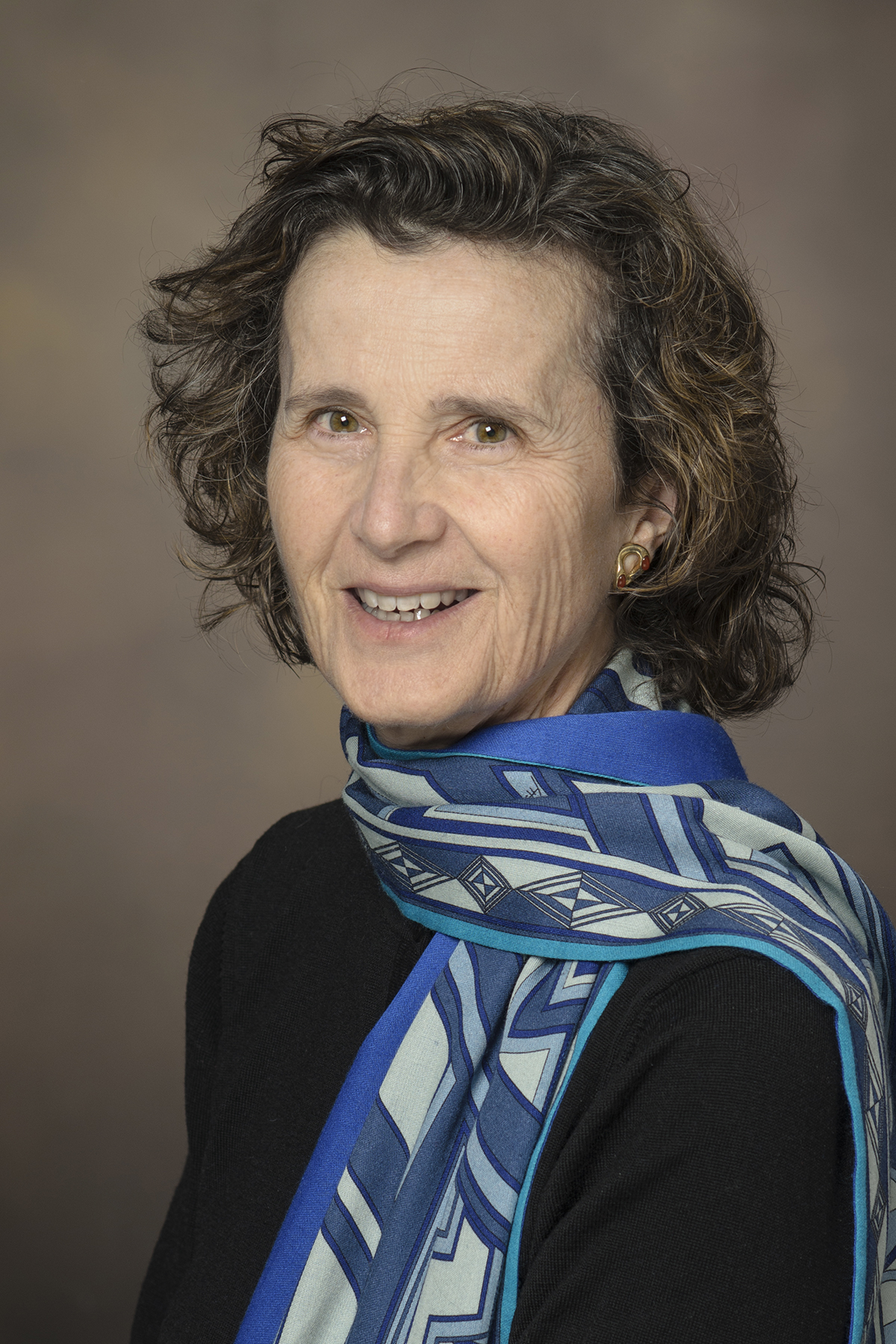
Sep 30, 2019
Work from Donata Vercelli, PhD's laboratory recently featured in the Washington Post shows that living in traditional farming environments means living in a place that is extremely rich in microbes — the right microbes that our immune system has evolved to live with and learn from. The constellation of organisms found in soil and on farm animals programs how a child responds to allergens throughout her lifetime.
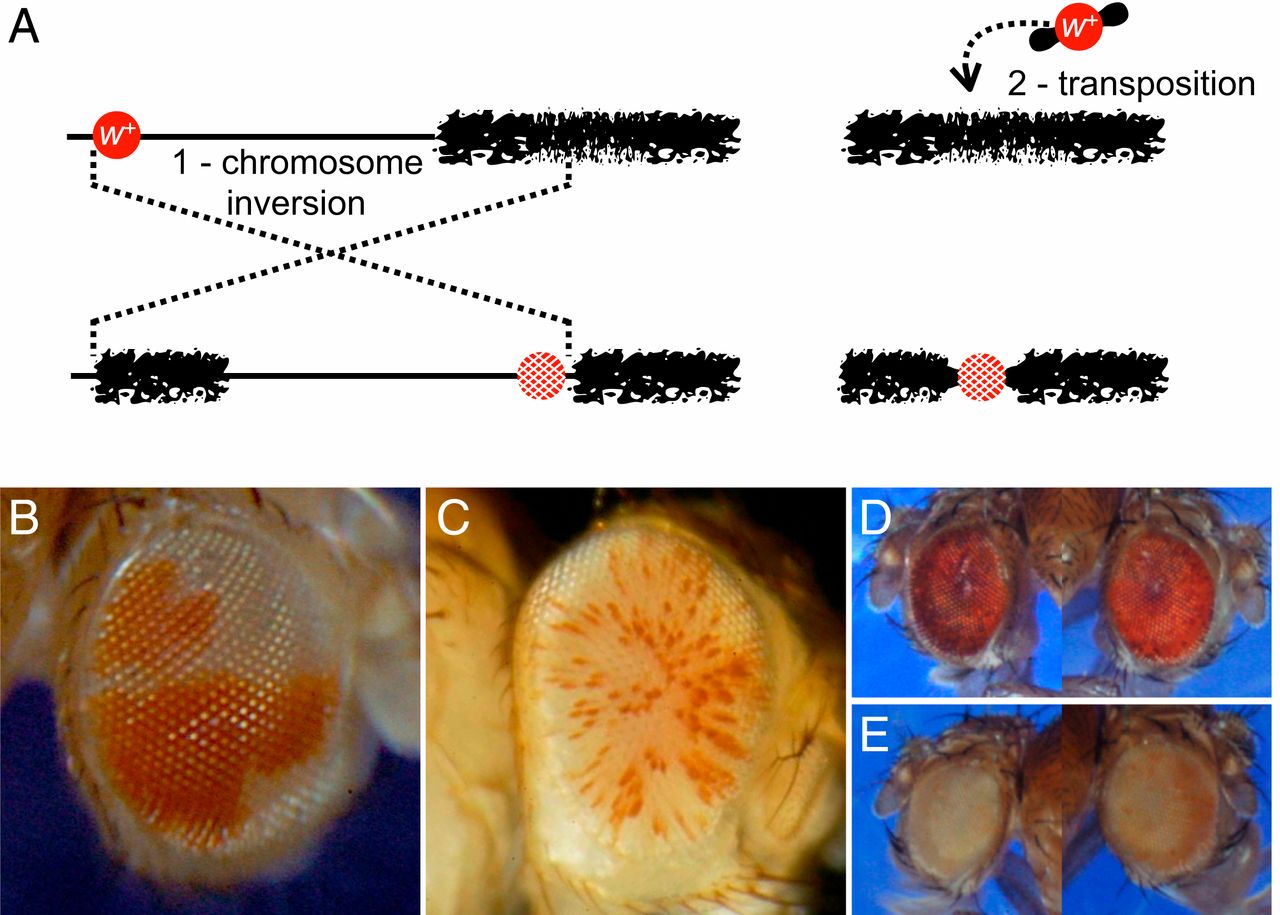
Sep 16, 2019
A majority of the human genome consists elements called transposable elements – the fossils of evolutionary battles between ancient viruses and their human hosts. The human genome silences these elements by creating a specialized structure called heterochromatin on top of them. Dr.
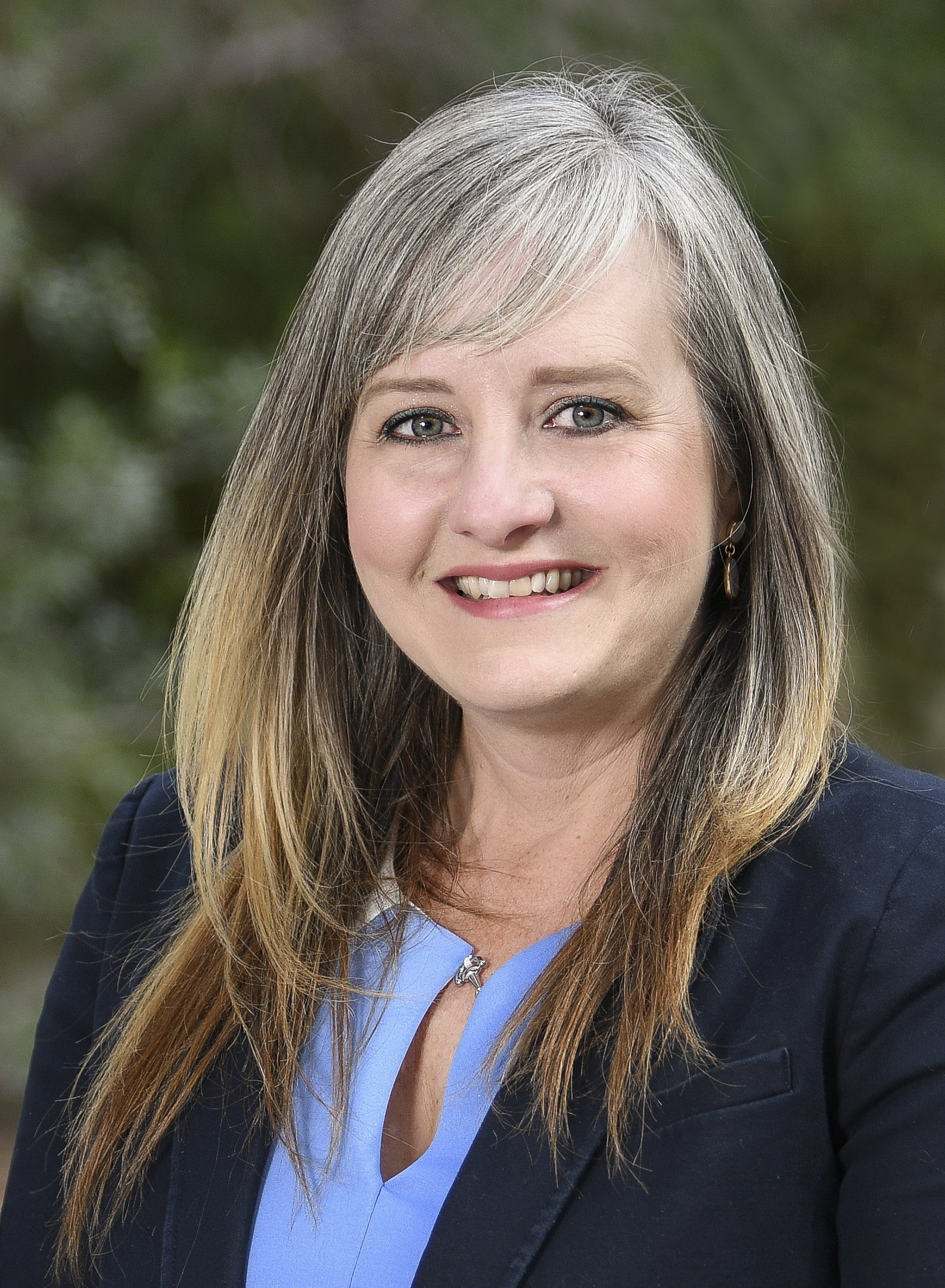
Sep 04, 2019
Asthma and COPD are the most commonly diagnosed chronic lung diseases in the United States. While it is now recognized that a percentage of severe asthmatics develop fixed airway obstruction, little is known pertaining to the basic underlying mechanisms of this progression. Dr. Ledford's research will examine the role of club cell secreted protein (CC16) in the context of airway infection as a previously overlooked link in understanding this progression.
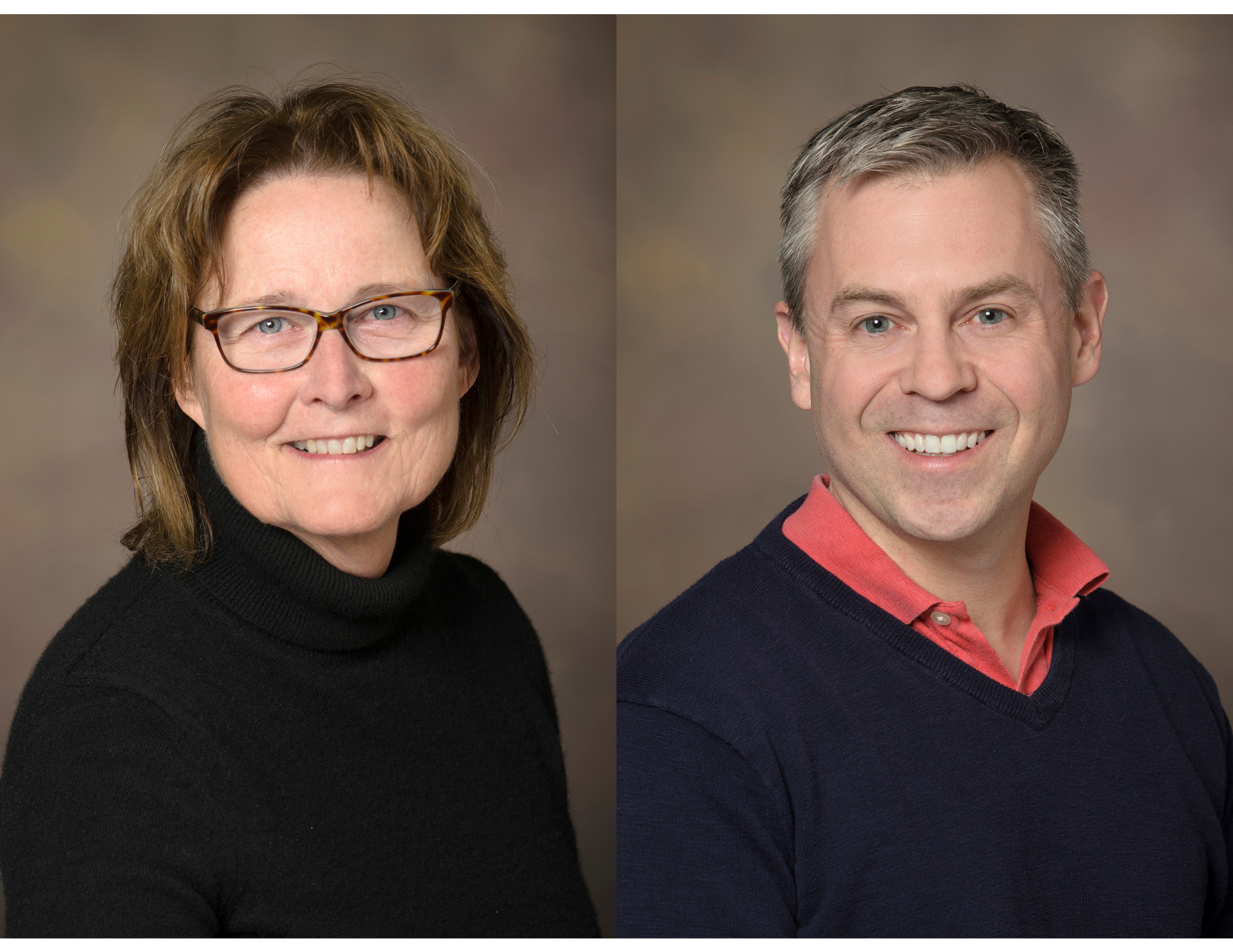
Aug 27, 2019
Anne Cress, PhD, and Gregory Rogers, PhD, received the prestigious NCI Provocative Questions Initiative grant to study molecular mechanisms of genomic alterations that contribute to early stages of prostate cancer initiation and progression. As co-PIs of this multi-PI (MPI) award, they lead an investigative team that includes Drs. Noel Warfel and Ray Nagle to investigate a link between hypoxia and organelle instability.
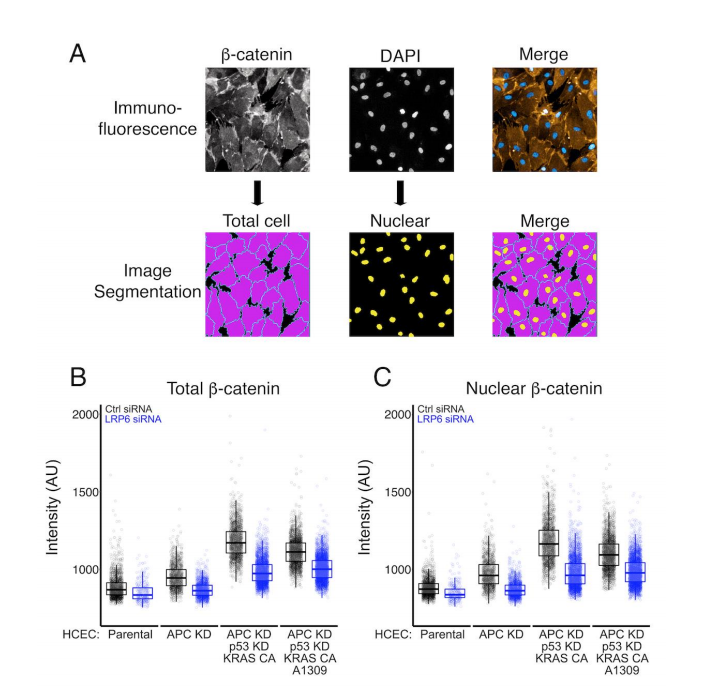
Jul 30, 2019
Curtis Thorne, PhD, Assistant Professor in the Department of Cellular and Molecular Medicine, and doctoral student Carly R. Cabel recently undertook an ambitious study to determine whether therapeutic targeting of LRP6 – a cell-surface receptor protein that mediates cell growth of its surrounding tissue environment - was a suitable treatment strategy for colon cancer, thus challenging the current scientific dogma and approaches to patient care. The results of Dr. Thorne and Ms. Cabel's experiments were published in a letter in the June 2019 issue of Developmental Cell.
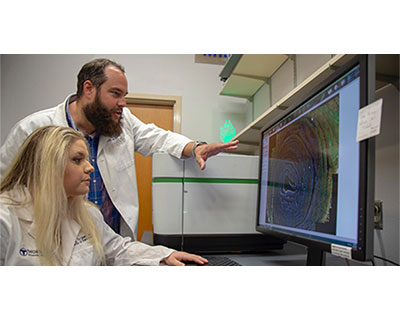
Jul 30, 2019
Curtis Thorne, PhD, and UA doctoral student Carly Cabel validated findings from a 2018 collaborative study that identified a possible new therapeutic target for colon cancer – after a Harvard lab challenged the initial results.
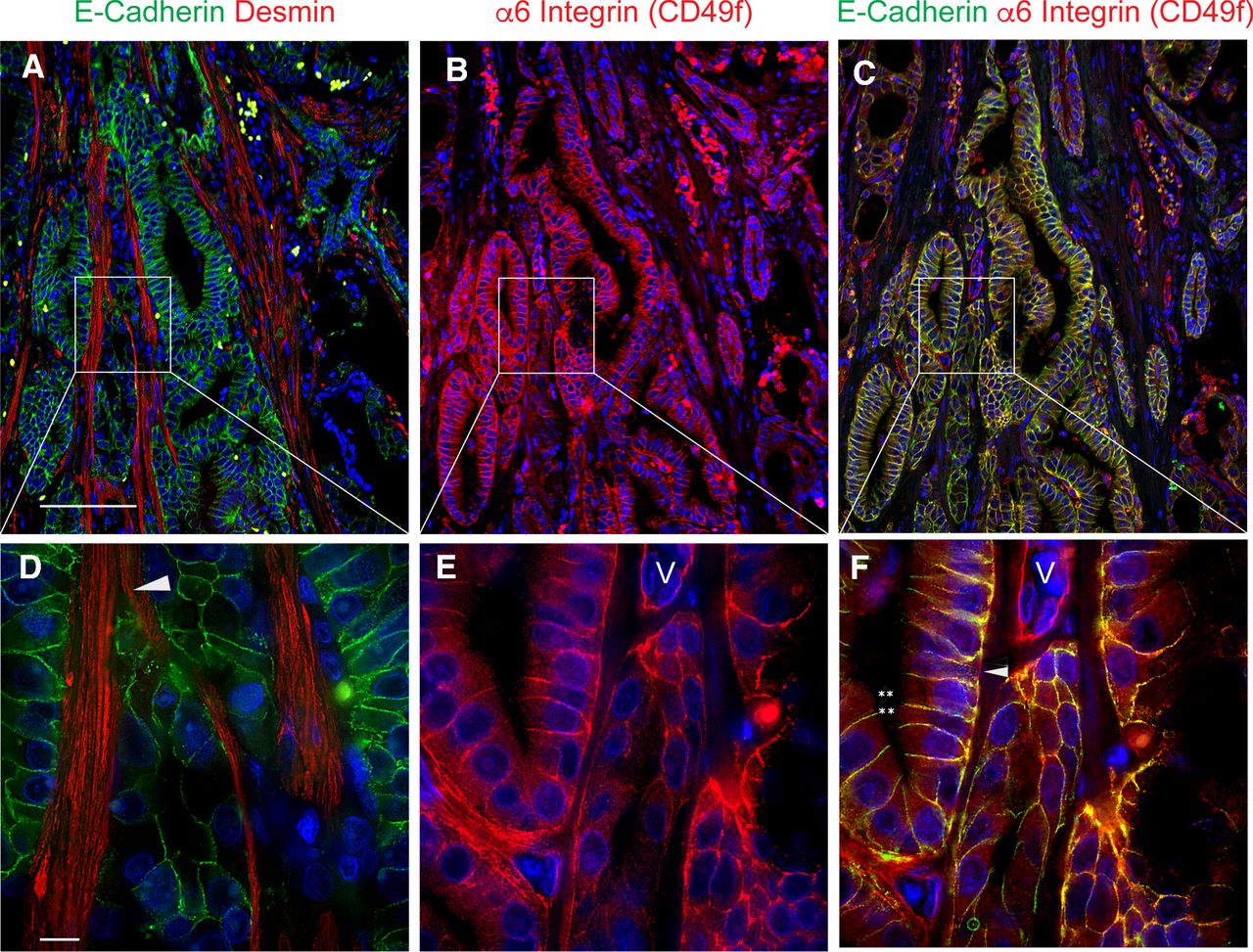
Jul 29, 2019
A major unmet clinical need is to distinguish cancer that is non-aggressive (low risk) versus those that are aggressive (high risk). Using the gene editing core service in the UA Cancer Center (led by Dr. Nathan Ellis), members of the CressLab in collaboration with two other CMM faculty (Drs. Cindy Miranti and Noel Warfel) found that tumors use a specific modification of an adhesion receptor called α6 integrin to generate invasive aggressive networks.

